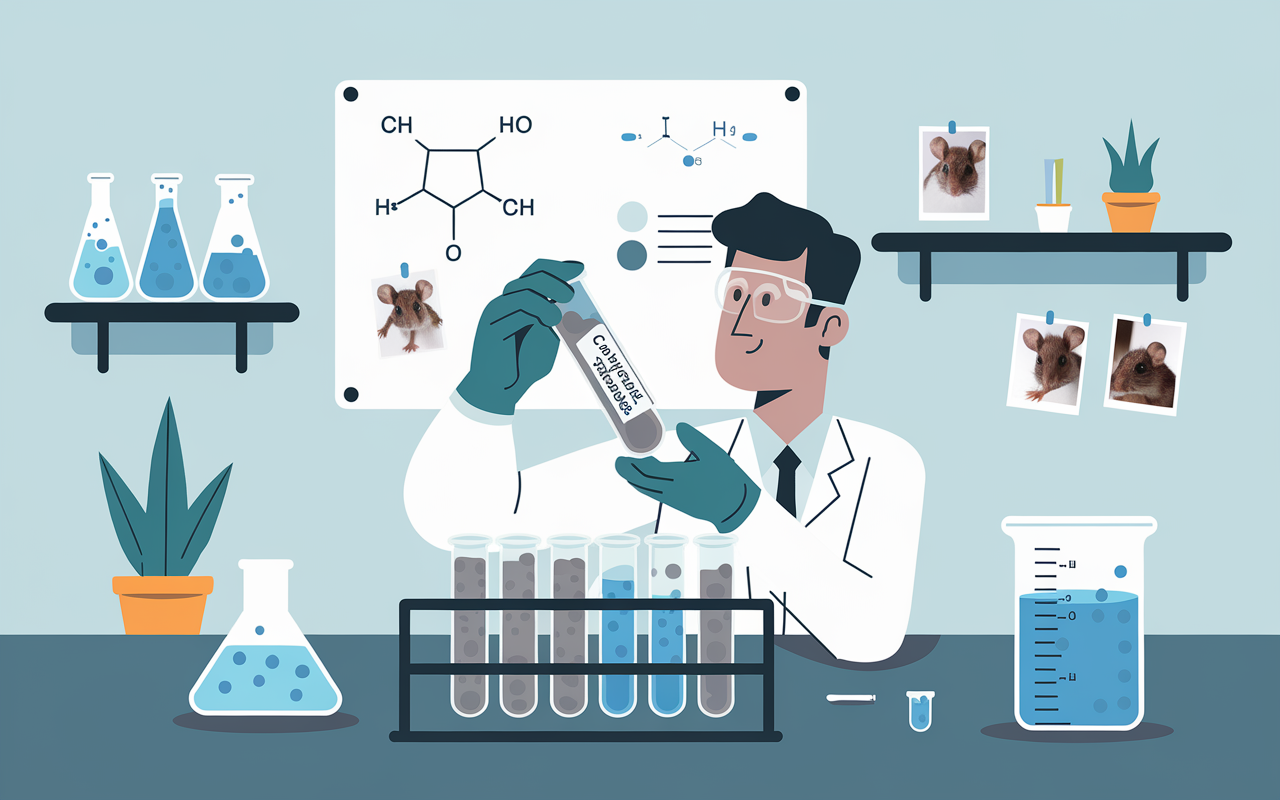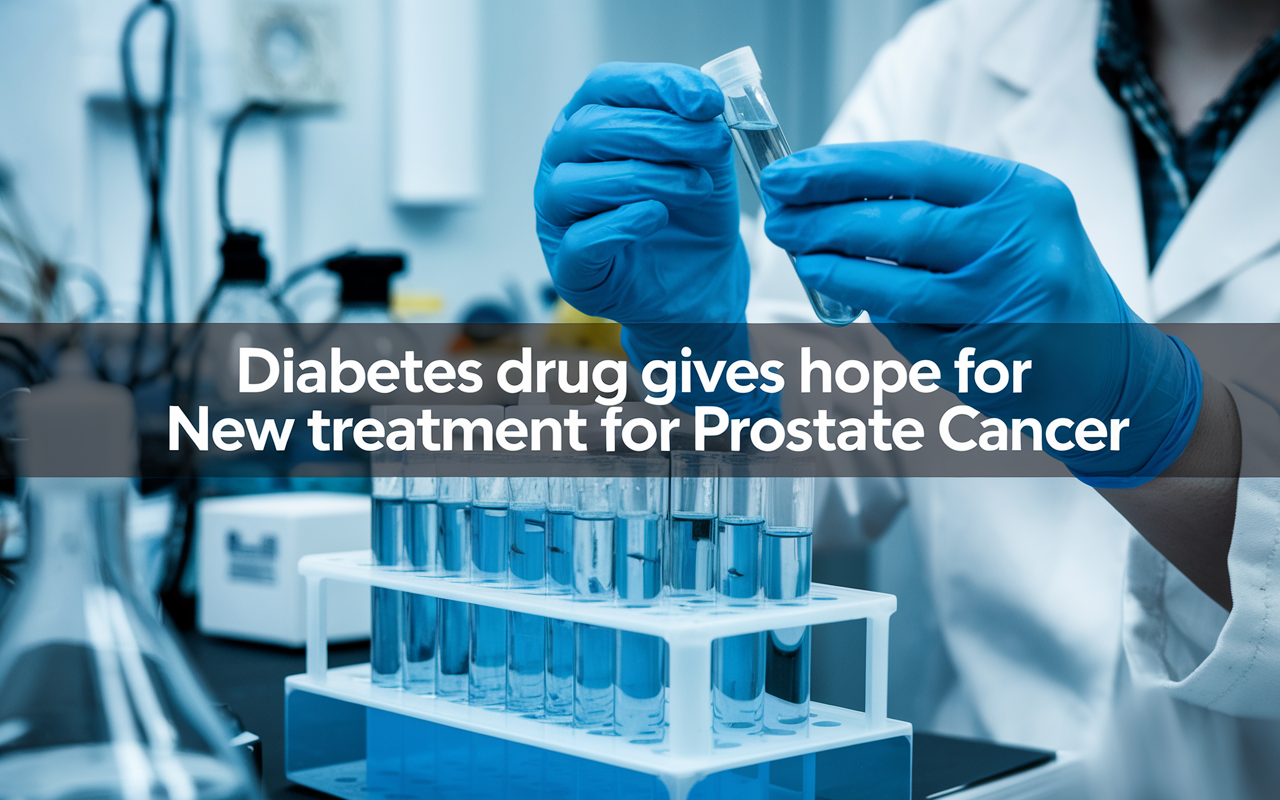Welcome to BioPharmaPulse
Welcome to another edition of BioPharmaPulse. Today, we're diving into some exciting breakthroughs in biopharmaceutical innovation that could shape the future of healthcare.
What's in this issue:
-
🧠 Discover a promising new candidate for Alzheimer's treatment.
-
🎯 How a diabetes drug might slow down prostate cancer.
-
🤝 Pfizer's latest licensing agreement and what it means for cancer therapy.
-
🌐 Explore a comprehensive new database of clinically tested drugs.
Quote of the Day
"Science and everyday life cannot and should not be separated." - Rosalind Franklin
Latest News
🧠 Candidate drug that boosts protective brain protein in mice has potential to treat Alzheimer's disease (1 minute read)

Rundown:
UCLA Health researchers have identified a promising candidate drug that reduces levels of toxic proteins in the brain associated with Alzheimer's disease. In mouse models, this drug not only decreased harmful protein build-up but also improved memory function. The key lies in boosting the production of clusterin (CLU), a protective protein that prevents amyloid-beta plaque accumulation.
Keypoints
-
🧠 Candidate drug targets Alzheimer's disease in mice.
-
🔬 Increases levels of protective protein clusterin (CLU).
-
🐭 Improved memory observed in treated mice.
-
💡 Potential new avenue for Alzheimer's therapy.
Why it matters:
Alzheimer's disease remains one of the most challenging neurodegenerative disorders with limited treatment options. This discovery opens up new possibilities for developing therapies that could halt or reverse the progression of Alzheimer's by enhancing the brain's own protective mechanisms.
🎯 Diabetes drug gives hope for new treatment for prostate cancer (1 minute read)

Rundown:
An international study involving researchers from Umeå University, Sweden, suggests that a drug used to treat type 2 diabetes may also be effective in slowing the progression of prostate cancer. The research highlights the role of regulating a particular protein in reducing cancer recurrence among diabetic patients, potentially offering a novel therapeutic approach.
Keypoints
-
💊 Diabetes drug repurposed for prostate cancer.
-
🔬 Targets specific proteins affecting cancer progression.
-
📉 Potential to reduce cancer recurrence rates.
-
🌐 International collaboration underscores global effort.
Why it matters:
Repurposing existing drugs can accelerate the availability of new treatments. This finding could pave the way for more effective prostate cancer therapies, improving outcomes for patients worldwide and demonstrating the interconnectedness of metabolic diseases and cancer.
🤝 Pfizer enters into exclusive licensing agreement with 3SBio (1 minute read)

Rundown:
Pfizer has entered an exclusive global licensing agreement with 3SBio for the development, manufacturing, and commercialization of SSGJ-707, a bispecific antibody targeting PD-1 and VEGF. This drug is currently in clinical trials in China for non-small cell lung cancer, metastatic colorectal cancer, and gynecological tumors.
Keypoints
-
🤝 Pfizer partners with 3SBio for cancer therapy.
-
🎯 SSGJ-707 targets both PD-1 and VEGF.
-
🧪 Ongoing clinical trials in various cancers.
-
🌍 Global collaboration excluding China.
Why it matters:
This partnership highlights the growing trend of international collaborations to accelerate the development of innovative cancer therapies. By combining efforts, companies can bring cutting-edge treatments to patients more efficiently, potentially improving survival rates and quality of life.
Question of the Day
🤔 What potential benefit excites you most about these recent developments?
- Enhancing brain protection against Alzheimer's
- Repurposing drugs for new cancer treatments
- Global collaborations accelerating drug development
Trending
🌐 Purdue center offers first comprehensive open access database of all clinically tested drugs
- Purdue University's College of Pharmacy has launched the Clinical Drug Experience Knowledgebase (CDEK), a comprehensive open-access database tracking active pharmaceutical ingredients with documented clinical testing. This tool could be invaluable for researchers and clinicians seeking information on drug development.
Industry Insight
🧪 The Power of Drug Repurposing in Biopharmaceutical Innovation
Drug repurposing, the strategy of using existing medications for new therapeutic purposes, can significantly accelerate the development of treatments. It leverages known safety profiles and manufacturing processes, reducing the time and cost associated with bringing a new drug to market.
By exploring the potential of existing drugs, like in the recent study repurposing a diabetes medication for prostate cancer, researchers can uncover novel therapies that address unmet medical needs. This approach exemplifies innovation in the biopharmaceutical industry, offering hope for patients and efficiency for developers.
Quick Hits
📰 Analyzing the Endpoints 100; ‘Most favored nation’ targets revealed; Biotech slump makes leases a liability; and more (1 minute read)
- A comprehensive overview of the latest developments in the biotech industry, including analysis of top companies, emerging targets, and the impact of market trends on business operations.
💭 Opinion: I’m a dentist from India. The fluoride debate in the U.S. horrifies me (1 minute read)
- A dentist's perspective on the recent fluoride bans in the U.S., highlighting global health concerns and the importance of fluoride in preventing tooth decay.
Wrap Up
Thank you for joining me on this exploration of the latest breakthroughs in biopharmaceutical innovation. Together, we're witnessing remarkable strides that could transform healthcare as we know it. Stay curious, stay informed, and feel free to share BioPharmaPulse with colleagues who share our passion for progress.
Until next time,
Elliot Reeves | BioPharmaPulse
😊 How did you like today's email?
- 😀 Loved it
- 🙂 It was OK
- 😕 Could be better
